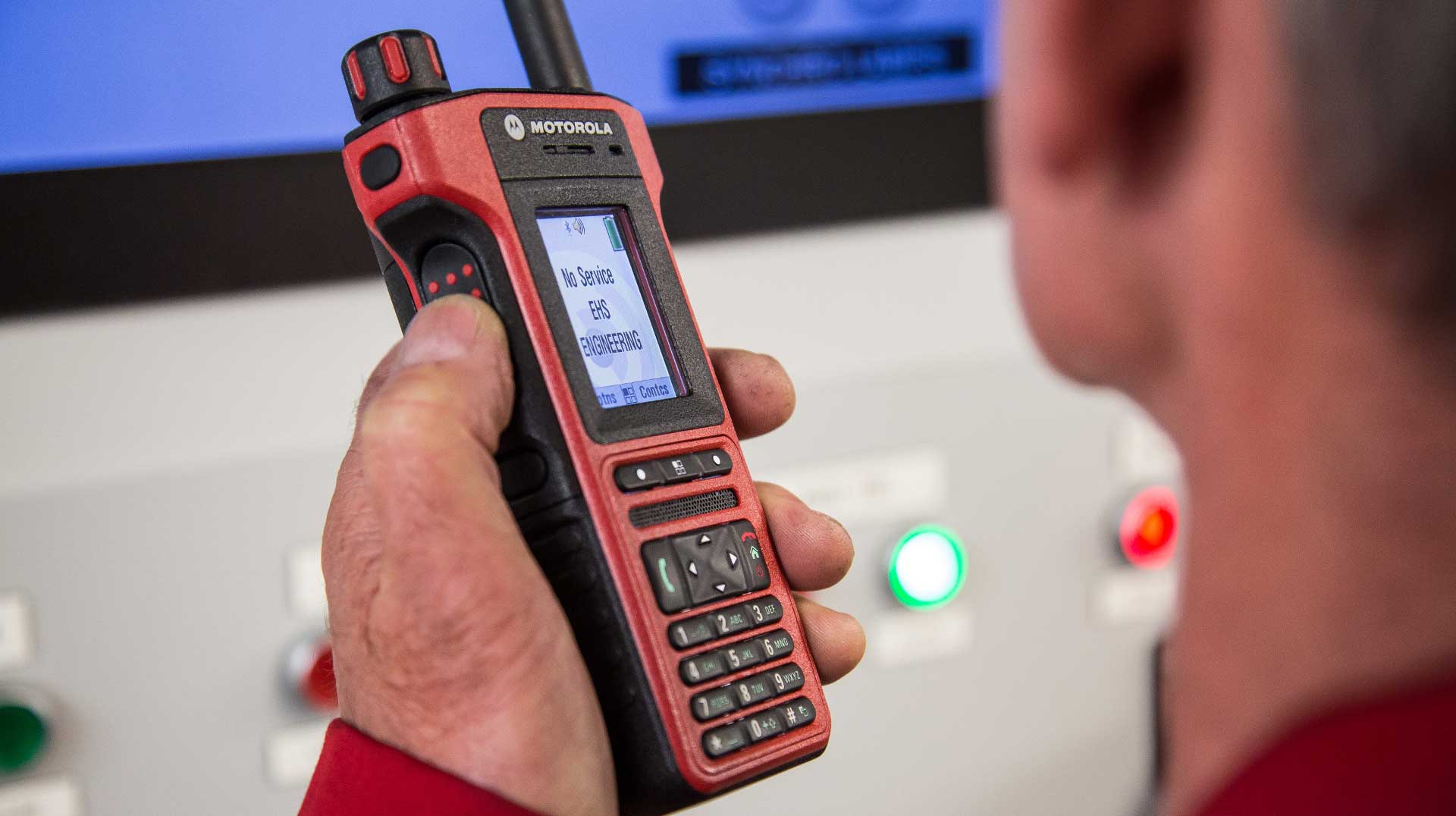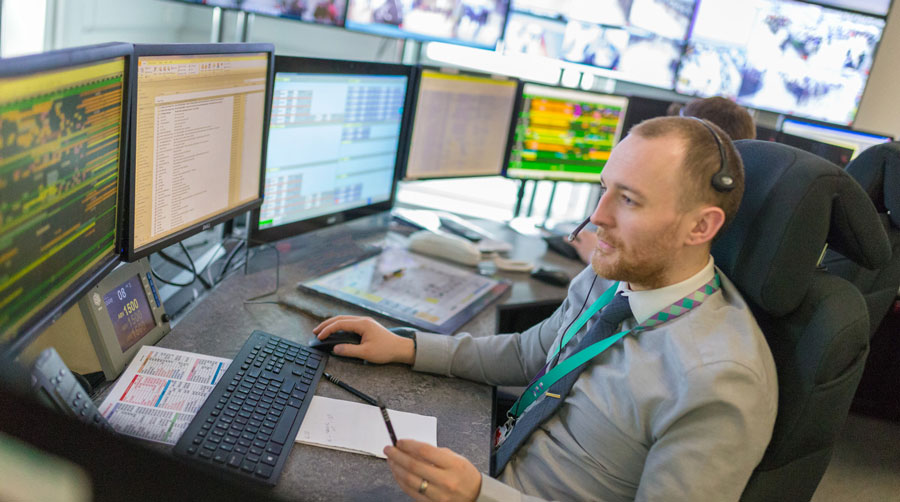What is a cold case? Why does a case go cold?
There are always more questions than answers when it comes to cold cases. A cold case is a crime or suspected crime that is yet to be fully resolved. As an investigator, you never want a case to go cold, but in reality, cases can go cold for a multitude of reasons – the passage of time, lack of evidence or witnesses, uncooperative witnesses or complainants, influx of new cases, rotation of personnel, the list goes on and on.
Oftentimes, cases are reviewed and prioritized according to the likelihood of an eventual solution. If new insights or evidence emerges, a cold case is reopened. When revisiting a case that’s gone cold, more questions will likely emerge as well. Where to start? What’s already been done? What hasn’t been done? What should be re-done?
The way forward can often be found by looking back. Going through the investigation with a fresh set of eyes and a fine-tooth comb to locate and identify all of the information in the case may help you generate new leads. These can be several disparate pieces of information that are meaningless on their own, but pieced together can form a new lead.
Using technology that was previously unavailable at the time of a cold case’s inception, such as License Plate Recognition (LPR) technology, to analyze old information in a new way may be just what’s needed to heat up your investigation.
Ever-evolving, technology becomes more intelligent and powerful as time passes. LPR technology is no different. Investigators must fight thoughts like “LPR is just running a plate” or “I don’t even have a plate tied to my case” and instead open their minds to possibilities and correlations not previously considered.
There’s a high chance that a case, cold or not, has a vehicle or vehicles tied to it in some way. It can be vehicles present at the crime scene itself or vehicles present at the addresses of suspects, witnesses, or victims. There may be a vehicle linked to multiple locations related to your investigation, or a vehicle at your investigative location on multiple dates and times of interest. Maybe you have multiple witness reports with snippets of information: partial plate, year/make/model, locations and/or times of interest, that can help identify a vehicle of interest.
Piecing all of these together can create leads and next steps in your investigative path to be followed. With billions of detections and vehicle location analytics that go beyond basic searches and hot list alerts, Vigilant PlateSearch empowers your team to piece information together – transforming license plate data into promising leads.
Whether it’s generating new leads or successfully following up on current ones, we’re here to help. The Motorola Solutions Vigilant Training Team, composed of retired and former Law Enforcement personnel, brings well over a hundred years of investigative experience to the table. Not only do we bring that experience but we also bring a passion for helping Law Enforcement successfully and safely complete their investigations.
Vigilant PlateSearch has advanced tools to assist you in your investigation and we are passionate about sharing them with you through our free training available in-person and online. Check out our training site VSLEA.ORG to see what we have to offer. Let us help you enhance your safety as a law enforcement investigator and the safety of your colleagues with LPR technology, so that together you can keep the public safe.




